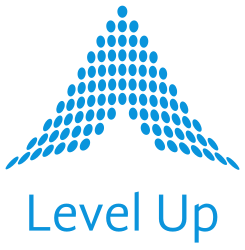Ansible 101 Workshop, Presented by Level Up, May 18th, 10am – 3pm PST
Learn how to automate your infrastructure with Ansible® and Red Hat® Ansible Tower at our half-day, hands-on Ansible 101 technical workshop specifically focused on the unique opportunities and challenges for today’s public sector organizations.
At this session, you’ll go from writing your first Ansible infrastructure code playbook to walking through installation and configuration of the Ansible Automation Platform (aka Ansible Tower).
By the end of the workshop, you’ll have acquired enough new knowledge and experience to immediately start going faster and getting more done in your own organization’s infrastructure and development environments using Ansible: one of the fastest growing and already most popular infrastructure automation solutions, running on over 4 million nodes, with 500,000 downloads per month, and 1,000+ Ansible Automation customers globally, a top 10 GitHub project, and currently the #1 configuration tool being used today according to the 2019 RightScale State of the Cloud Report.
This Ansible workshop includes:
DevOps Transformation Overview:
- A Lean/DevOps/IaC overview
- The Public Sector’s “Digital Transformation”
Ansible:
- What is Ansible used for?
- Installing Ansible
- How Ansible Works: Key Vocab, Concepts, Rules
- Ad-Hoc Commands
- Playbooks
- Roles
- Integrating Ansible with popular SaaS and IaaS platforms
- Ansible infrastructure code best practices
Red Hat Ansible Automation Platform aka Tower:
- What is Ansible Tower?
- How Ansible Tower Works
- Installing Ansible Tower
- Key Ansible Tower Features
Click here to register for the Ansible 101 workshop.
Who Should Attend?
Technologists and technology leaders in the public sector will see designs and examples in the context of the unique opportunities and challenges for today’s state and local government organizations.
Those outside of government are also very welcome to attend.
About Level Up
Level Up is a Red Hat Advanced systems integration partner focused on helping clients become cloud native via solutions including infrastructure automation, CI/CD pipelines and Platform as a Service/Kubernetes.
